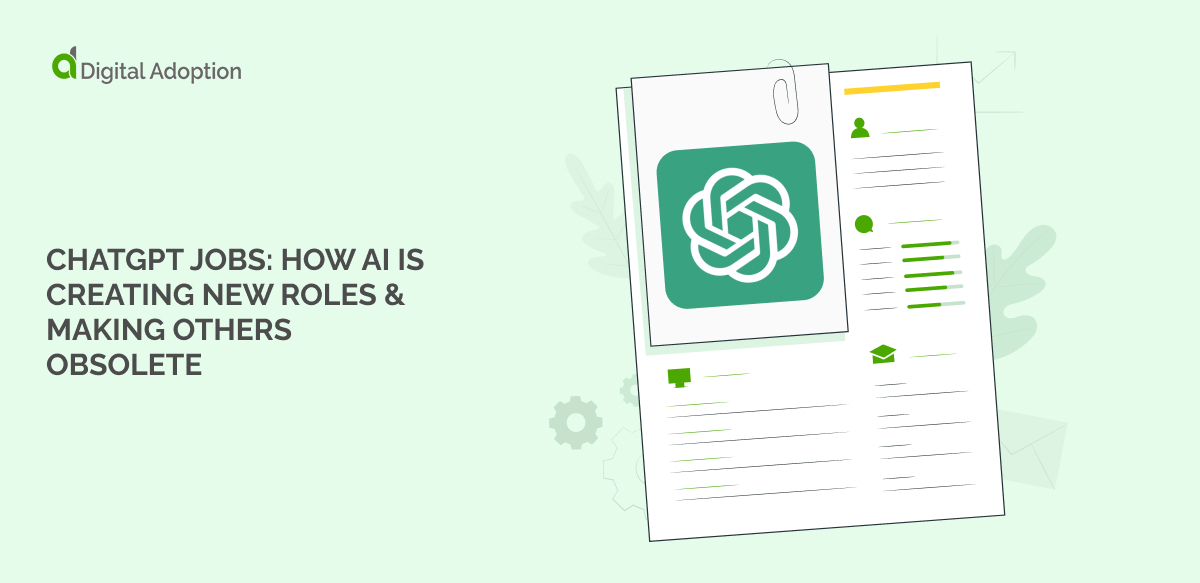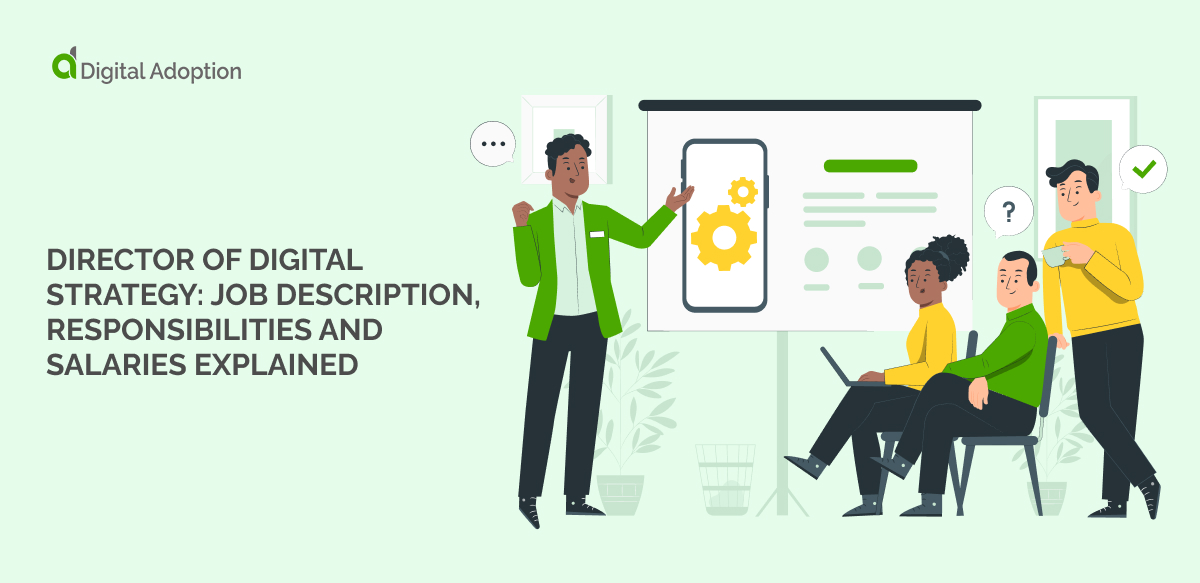What should you look for in a digital transformation agency?
And how do you know when to sign on with one?
Though digital transformation is a relatively new term, the practices behind digital transformation are not.
These include:
- Change management
- IT modernization
- Digital technology adoption
- Digital strategy
Below, we’ll look at:
- Two types of digital transformation agencies, what they do, and how to choose the right one
- The wide range of services offered by these agencies
- When you should sign up with an agency – and when you should not
- What to look for when shopping around
Let’s get started by looking at digital transformation agencies from a bird’s-eye perspective:
What Do Digital Transformation Agencies Do?
One useful way to categorize these agencies is by dividing them into two groups: generalists and specialists.
General-service providers offer “total package” consulting solutions.
They usually conform their services to meet your business needs. Naturally, the services offered depend greatly on the agency in question.
Typical solutions offered by generalized providers can include:
- Digital transformation strategy development
- Employee training and education
- IT modernization, enablement, implementation, and consulting
- Customer experience strategy
- Data and analytics strategy and consulting
Among others.
These digital consulting solutions are good choices for businesses that need to take advantage of third-party expertise.
They are ideal for businesses who don’t have in-house expertise yet, those that don’t plan on hiring in-house experts, and those for whom outsourcing makes the most sense.
However, there are cases where a business may not need such comprehensive solutions.
When a business wants more targeted, niche solutions, they may choose to go with specialized digital transformation agencies.
Specialized service agencies offer more focused digital transformation solutions.
For example:
- Customer experience transformation and management
- Automation
- Digital adoption
- Digital change management
- Data and analytics implementation
- Cloud computing
These are just a few of the many IT solutions that businesses need when undergoing digital transformation.
As the digital transformation industry continues to grow, expect the number of digital transformation agencies to grow as well.
When Is the Right Time to Sign On with an Agency?
The short answer: whenever your organization is ready to change.
The long answer:
- When your decision makers are on board. Buy-in is a must for any successful transformation. Make sure you have executive support before moving forward.
- When your organization is capable, open, and willing to change. Change readiness is the measure of how ready an organization is to make business changes. It can include: whether your people are open to change, whether they have the knowledge to change, and whether you have the current ability to change, among other factors.
- When you have the budget, resources, and time. The last thing you want is a project that dies part-way through due to budget shortages. Make sure that you have more than necessary when discussing the project with executives and the agencies.
Timing is important, as we can see.
Depending on the circumstances, when you choose an agency can be almost as important as what agency you choose.
It can greatly affect:
- The cost of the agency’s services
- Your chances of successful transformation
- The ROI and outcomes of the partnership
Among other variables.
Hopefully, any agency you interview will be forthright about the potential success rate, costs, and other relevant information.
That quality – integrity – should be one of the primary traits to look for when researching providers.
Others are described in the next section.
How Do You Choose the Right One?
Research should be thorough and extensive.
And all of that research should be done before contacting an agency – if, that is, you don’t already have an agency in mind.
The very first part of your research should be based around your organization’s needs.
As much as possible, determine what your organization lacks and needs to succeed.
In some cases, you cannot know that information in great detail.
However, articulating it thoroughly will help you get a head-start on the next phase of your selection process.
When evaluating potential providers, look at the company’s:
- Past successes, experience, and reputation – Ask if you can speak to past clients.
- Services and solutions – If it does everything you need it to.
- Product-market fit – Whether its services align with your needs.
- Cultural fit with your own organization – Do they share your values, your work ethic, and your vision?
All of this information will help you narrow down your selection to just a few choices.
Once you have a handful, engage those agencies in discussions.
Final Thoughts
Today, digital transformation, disruption, and innovation fuel the economy.
Every business that wants to compete should understand digital transformation, why it’s important, and where the world is headed.
As we move forward into the next decade, change will accelerate. And the need for digital transformation will only become more urgent.
New technological trends – from AR to IoT – will redefine the way we work, live, and interact.
Businesses that want to thrive in that world should start planning and transforming today … otherwise it may be too late.













